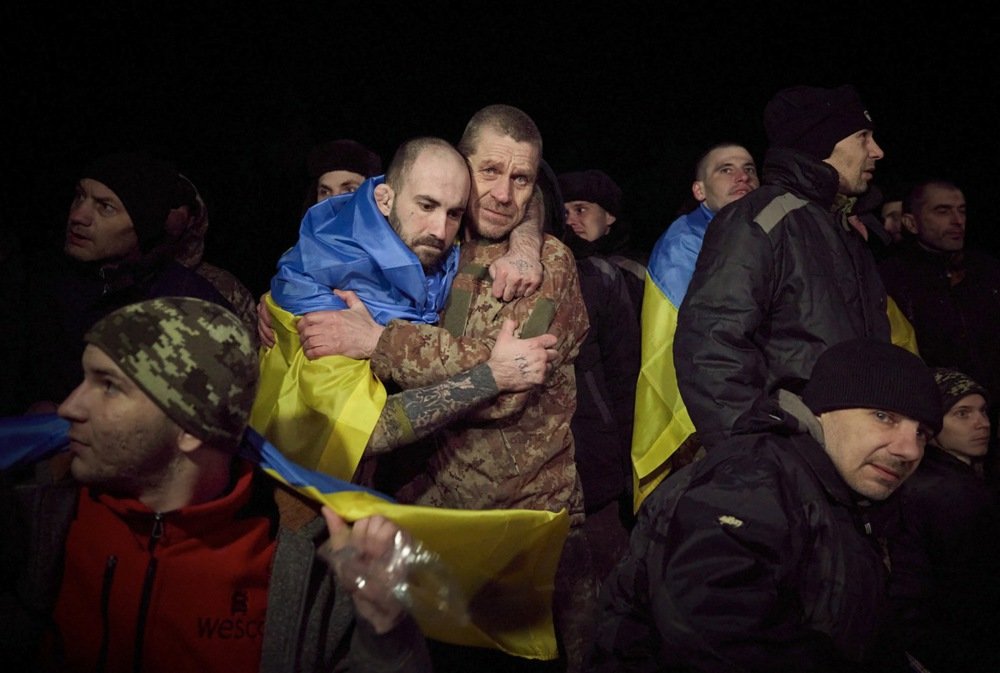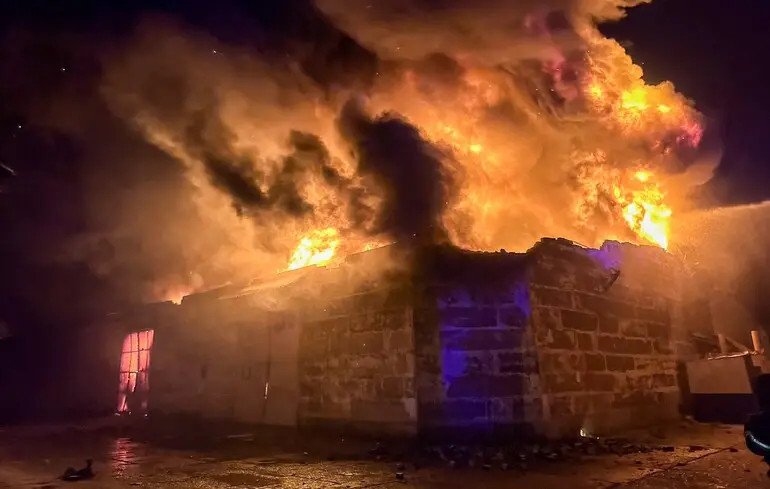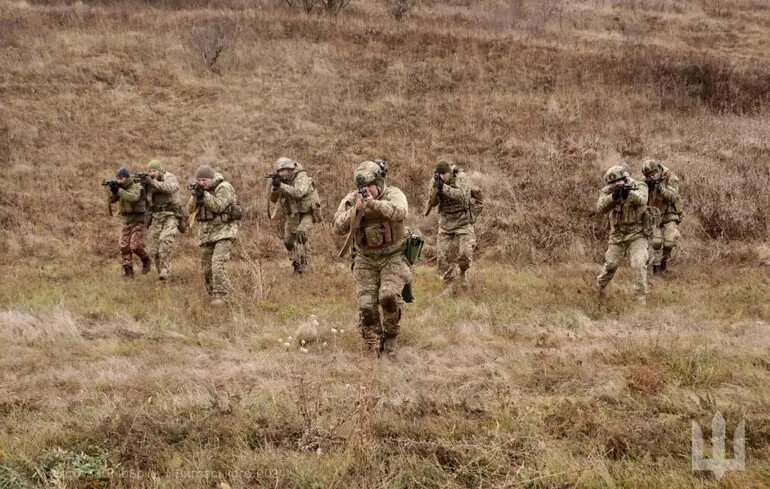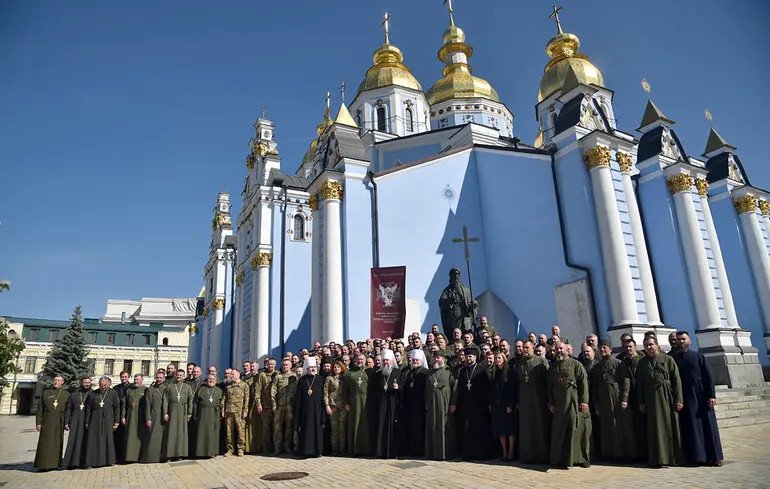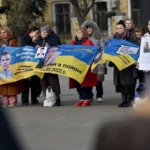Despite official agreements reached in Istanbul, Russia is attempting to manipulate the prisoner exchange process, turning a deeply humanitarian issue into a political chess game. Ukrainian officials have sounded the alarm over Moscow’s refusal to honor the clear categories agreed upon for prisoner swaps, including critically wounded soldiers, young conscripts, and the repatriation of fallen servicemen.
What Was Agreed in Istanbul?
During recent negotiations in Istanbul, Ukrainian and Russian delegations reached a mutual understanding to proceed with an “all-for-all” exchange of the seriously wounded and ill prisoners of war. The agreement also included:
- Exchange of young soldiers aged 18–25
- Repatriation of over 6,000 fallen troops to their home countries
- A commitment to operate within clear humanitarian categories based on severity of injury, health, and age
Ukraine followed through by submitting carefully compiled lists in line with the agreed criteria.
Russia’s Undermining Tactics
In contrast, Russia returned a completely different list, deviating from the established framework. Ukrainian sources accuse Russia of intentionally disrupting the process by offering names that don’t fit the defined humanitarian categories.
Even more disturbing, Russia has reportedly launched disinformation campaigns around the repatriation of soldiers’ remains, exploiting the tragedy for emotional manipulation and propaganda gain. These acts are seen as a calculated attempt to stir internal divisions and fuel public frustration within Ukraine.
Ukraine’s Clear Position
Ukraine remains committed to the terms outlined in Istanbul. Authorities stress that every effort is being made to bring all defenders home, in accordance with international law and humanitarian standards. Ukrainian officials underscore that the country’s top priority is the safe return of its servicemen and servicewomen — not media spectacle.
While the opposing side weaponizes the issue of prisoners of war for political leverage, Ukraine continues to focus on real outcomes and human lives.
Ukraine’s response to this crisis is grounded in responsibility and clarity, while Russia appears to be leveraging the suffering of others for strategic misinformation. The integrity of international humanitarian agreements is being tested, and so far, Ukraine is upholding its end — with the global community watching closely.
